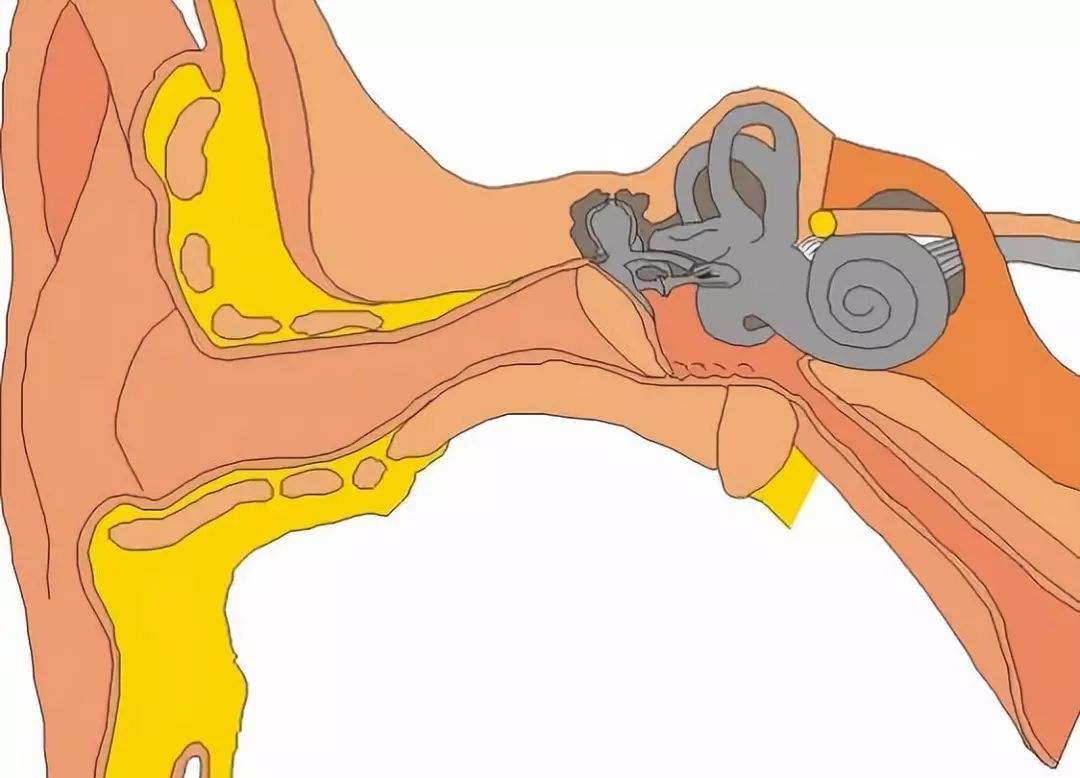- Home
- Hearing Loss
- Hearing Aid Use And Care
4 Reasons to Avoid Cotton Swabs when Cleaning Your Ears
2020-11-02 Cotton swabs seem pretty harmless, which is probably why many people ignore the advice of hearing health care professions who advise against using them to clean your ears. After all, they’re not sharp and they’re tipped with cotton; how could they be harmful? There are four reasons to avoid cotton swabs when cleaning your ears.
1. Eardrum damage
Contrary to what you might think, a cotton swab is capable of reaching your eardrum. It doesn’t have to be sharp to do damage since the eardrum is thin, delicate and sensitive to pressure (it’s job is to vibrate in response to sound waves, after all). Shoving even a blunt object into your ear canal poses the risk of rupturing your eardrum and compromising your hearing. Can you see why hearing healthcare professionals take it so seriously?
2. Compacted earwax
Secondly, the ears are designed to push wax out from the ear as it traps debris and germs. When you insert a cotton swab, it counteracts this exit strategy by pushing wax and other debris further into the ear canal, where it cannot escape. Continuing to push earwax buildup toward the eardrum not only risks damaging it, but creating a potentially painful blockage.

3. Cotton debris
Although you’re trying to remove excess earwax, using a cotton swab may add to the problem by leaving behind small pieces of cotton. This irritates your ears, encourages more earwax production and can make them feel much “dirtier” than before.
4. Infection and hearing impairment
Finally, pushing dirt, earwax and cotton debris further into your ear canal creates an atmosphere where bacteria can thrive and grow into a full-blown infection. Ear infections, in turn, can cause temporary hearing loss and affect other aspects of your health and wellness.

Considering these major risks, it’s easier to understand why hearing healthcare professionals advise against using cotton swabs. Let your ears clean themselves, and if you experience buildup that’s painful or interfering with your hearing, speak with a hearing specialist.
Latest
- 4 Essential Communication Rules for Family Members of Hearing Aid Users
- Hearing Aid "Break-In Period": Say Goodbye to Discomfort, Hello to Clear Sound
- The ultimate guide on how to choose hearing aids for seniors
- In addition to performance, how do parents choose children's hearing aids?
- Hearing Care Professional: How Do You Maintain Your Hearing Aids Regularly?
Hearing Aid Use And Care













All 0 comments